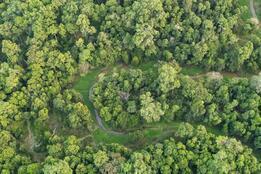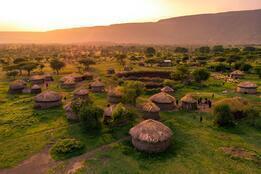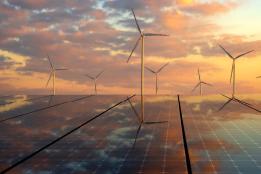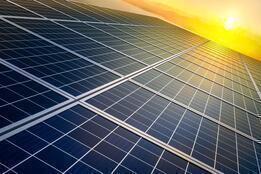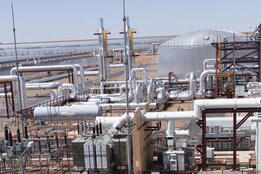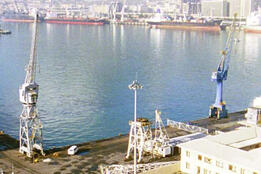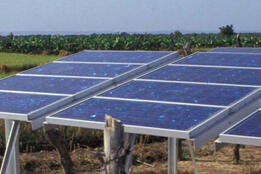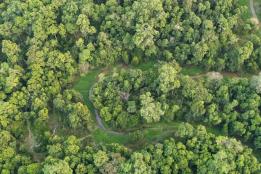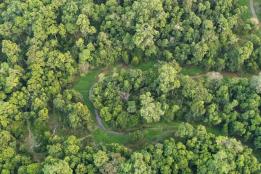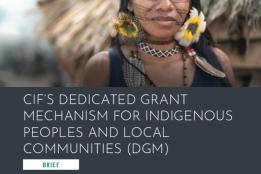Sub-Saharan Africa consists of 46 of Africa’s 54 countries that are geographically south of the Sahara. It is home to over 1.1 billion people. By 2060, the population could expand to some 2.7 billion people.
Although urbanization rates are increasing and expected to double to approximately 900 million people over the next 25 years (from 2018), agriculture and other rural occupations, such as forestry, are currently the main contributors to the economy.
Forests cover more than a quarter of a total land area that is exceptionally species rich and of great ecological importance to the world.
Investing in Sub-Saharan Africa
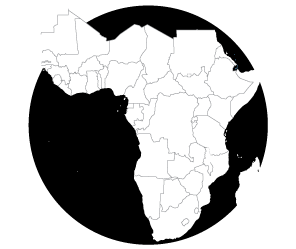
Investments in energy and climate resilience in the region are crucial. Demonstrating its recognition of this importance, the region has set new targets to increase renewable energy generation capacity from 28 to 28 gigawatts, support integrated landscape management of more than 60 million hectares in 20 countries, and improve the livelihoods of more than 10 million farmers through climate-smart agriculture.
The Climate Investment Funds (CIF), since its inception, has invested in 21 countries in the region: from Ethiopia in the East, across to Sierra Leone in the West, and down to South Africa — the region's biggest economy. It is supporting the delivery of clean technology and climate resilience in various ways. Some examples are presented below:
South Africa: CIF’s Clean Technology Fund is supporting South Africa in diversifying its energy mix, in accordance with the country’s climate change strategy, and helping to overcome barriers to public and private investments in wind, solar, and energy efficiency. It has enabled the first-ever private-sector, utility-scale concentrated solar power plant in the developing world.
Mozambique: CIF’s Forest Investment Program (FIP) is empowering Mozambique to reduce deforestation and forest degradation by 40 percent by 2030. National interventions aim to promote sustainable rural development, while the private sector is being engaged to link communities to opportunities provided by the forest sector’s plantation investment.
Ghana: FIP supports projects that unite public and private sectors with Indigenous groups in restoring degraded forest landscapes, including promoting sustainable cocoa and agriculture practices, while securing the right of tenure for Indigenous peoples, among other policy reforms. Meanwhile, the Scaling up Renewable Energy in Low Income Countries Program is helping to create an enabling environment for clean energy scale-ups — focusing on mini-grids and standalone solar photovoltaic systems.
News Spotlight


